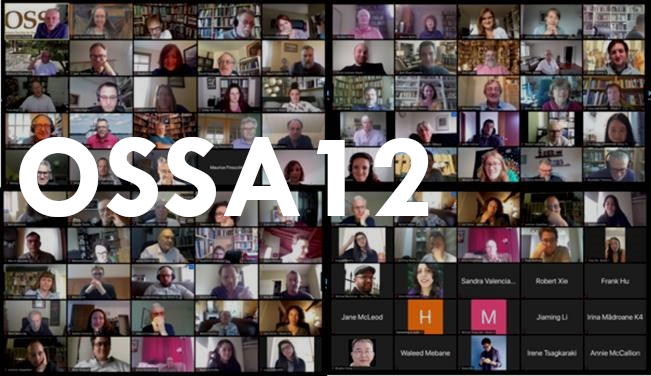Location
Room 3
Document Type
Commentary
Keywords
rhetoric, rhetorical pedagogy, critical thinking, informal logic
Start Date
3-6-2020 3:01 PM
End Date
3-6-2020 4:00 PM
Abstract
In her paper, Ismail argues that common approaches to teaching critical thinking based on informal logic are inadequate and that equating the ability to think critically with the ability to analyze and evaluate arguments is problematic. To remedy these inadequacies, she proposes a pedagogy based in rhetoric. I first examine her critiques of informal logic, seconding many of her concerns regarding the limitations of equating critical thinking with argument analysis and evaluation. I concur with her judgment that there is a case to be made for broadening the scope of critical thinking instruction and argue that the need for a broader focus has, in fact, been recognized in some theorizing about and educational approaches to critical thinking. Turning to the alternative she proposes of rhetorical pedagogy, I request a clarification of how she understands rhetoric, rhetorical pedagogy, and the relationship between rhetorical pedagogy and critical thinking and ask what a pedagogy which explicitly calls on rhetoric might add to these recent broader approaches.
Response to Submission
Elizabeth Ismail, Developing Critical Thinking with Rhetorical Pedagogy
Included in
Comments on Developing Critical Thinking with Rhetorical Pedagogy by Elizabeth Ismail
Room 3
In her paper, Ismail argues that common approaches to teaching critical thinking based on informal logic are inadequate and that equating the ability to think critically with the ability to analyze and evaluate arguments is problematic. To remedy these inadequacies, she proposes a pedagogy based in rhetoric. I first examine her critiques of informal logic, seconding many of her concerns regarding the limitations of equating critical thinking with argument analysis and evaluation. I concur with her judgment that there is a case to be made for broadening the scope of critical thinking instruction and argue that the need for a broader focus has, in fact, been recognized in some theorizing about and educational approaches to critical thinking. Turning to the alternative she proposes of rhetorical pedagogy, I request a clarification of how she understands rhetoric, rhetorical pedagogy, and the relationship between rhetorical pedagogy and critical thinking and ask what a pedagogy which explicitly calls on rhetoric might add to these recent broader approaches.

